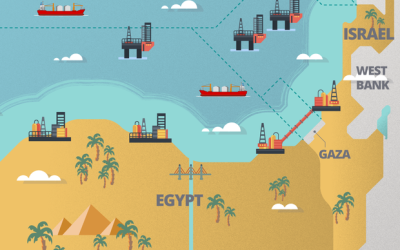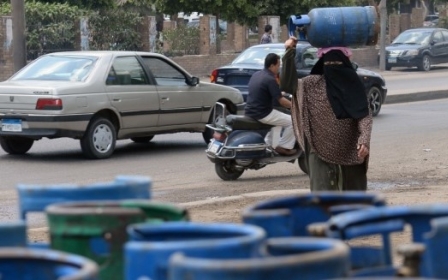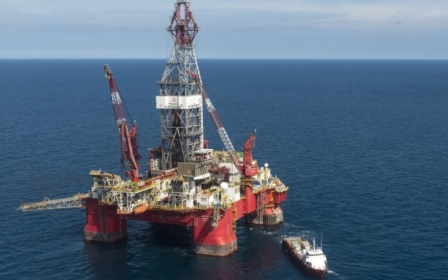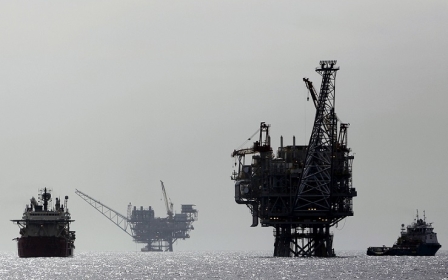Israel approves gas exports to Egypt, clearing hurdle for Leviathan sales
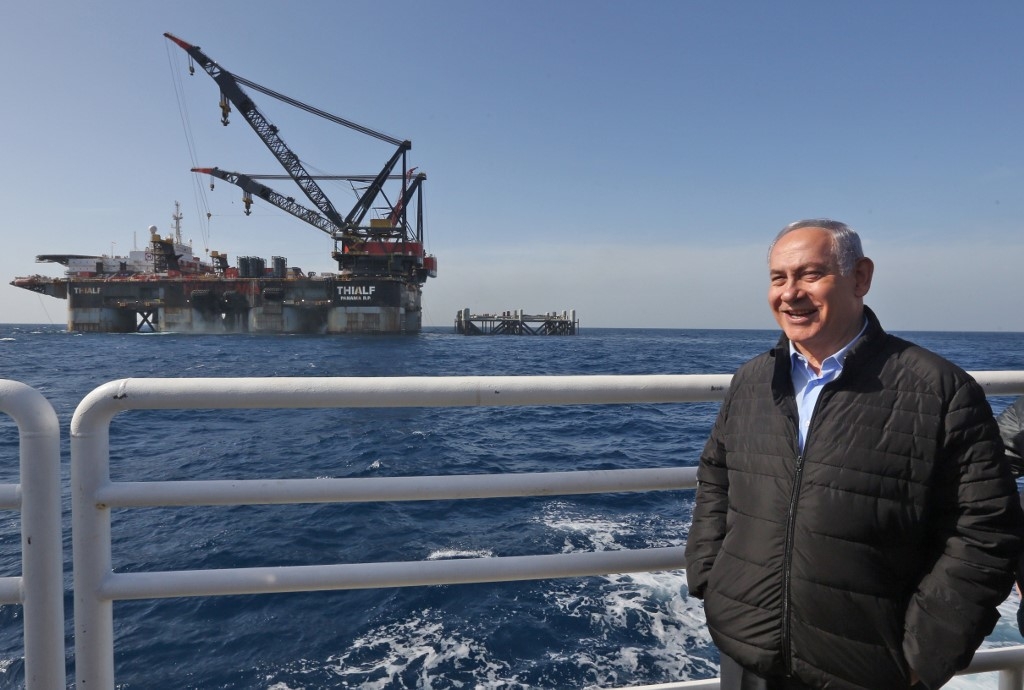
Nearly a decade after its discovery and following years of delays, gas from Israel's largest offshore field cleared a final hurdle to be sold on Monday as its export to Egypt was approved.
Israeli Energy Minister Yuval Steinitz, who approved the export permit, said the sale of gas from Leviathan and also the smaller Tamar field, expected to raise billions of dollars for state coffers, is "an historic milestone for the state of Israel".
"The natural gas revolution makes us an energy superpower, providing not only huge revenue for the state, but also a dramatic reduction in air pollution," Steinitz said.
He also described the gas export as the "most significant economic co-operation between Israel and Egypt since the peace treaty between the two states was signed”.
The deal announced last year between Israeli company Delek Drilling and Texas-based Noble Energy, which will see $15bn in natural gas supplied to Egyptian company Dolphinus Holdings, is also a lifeline for Israel's gas industry, which has had trouble securing foreign investment for Leviathan since its discovery in 2010.
At the time, then minister of infrastructure, Uzi Landau, said the gas field was “the most important energy news since the founding of the state” and there was talk of Israel becoming the regional gas hub.
But in the years that have passed, energy companies invested in the field have struggled to untangle a Gordian knot of political and economic problems to actually sell the gas.
In 2015, the Israeli government approved regulations to make the sector more competitive, but many believe the move frightened off foreign investors, unsure what the government might do next.
Over the past decade, the list of potential customers that Israel could sell gas to has shortened. Cyprus has discovered offshore gas. Lebanon has serious prospects of finding its own.
The deal with Dolphinus has allowed Leviathan's partners to continue investing in the field, which is now expected to go online next month. In October, the companies involved agreed to more than double the volume of gas to be exported and extend the agreement by five years.
Compensation slashed
While the deal has been good news for Israel, its timing raised questions for Egypt, which was expected to have its own gas surplus within a year when the deal was signed. Why, some analysts told Middle East Eye, did Egypt need more gas?
One reason was the billions of dollars in settlements that had been hanging over two state-run Egyptian companies after they terminated their contracts to export gas to Israel in 2012.
In June, Egypt's Ministry of Petroleum signed an agreement with Israel which saw the compensation due decrease from $1.7bn to $500m.
The original deal saw Egypt, then a net exporter of gas, provide 40 percent of Israel's natural gas at some of the lowest prices in the world. It drew criticism from Egyptians and fed into the uprisings which overthrew then-president Hosni Mubarak.
In 2012, two Egyptians considered to be the original deal’s architects – former oil minister Sameh Fahmy and businessman Hussein Salem - were convicted of corruption and sentenced to 15 years in prison, but were later acquitted.
In the latest deal, according to a Madr Masr investigation, Dolphinus, the Egyptian company buying the Israeli gas, is majority-owned by the Egyptian General Intelligence Service, which will claim 80 percent of the firm's income.
- Umar Farooq contributed to this piece
Middle East Eye delivers independent and unrivalled coverage and analysis of the Middle East, North Africa and beyond. To learn more about republishing this content and the associated fees, please fill out this form. More about MEE can be found here.


